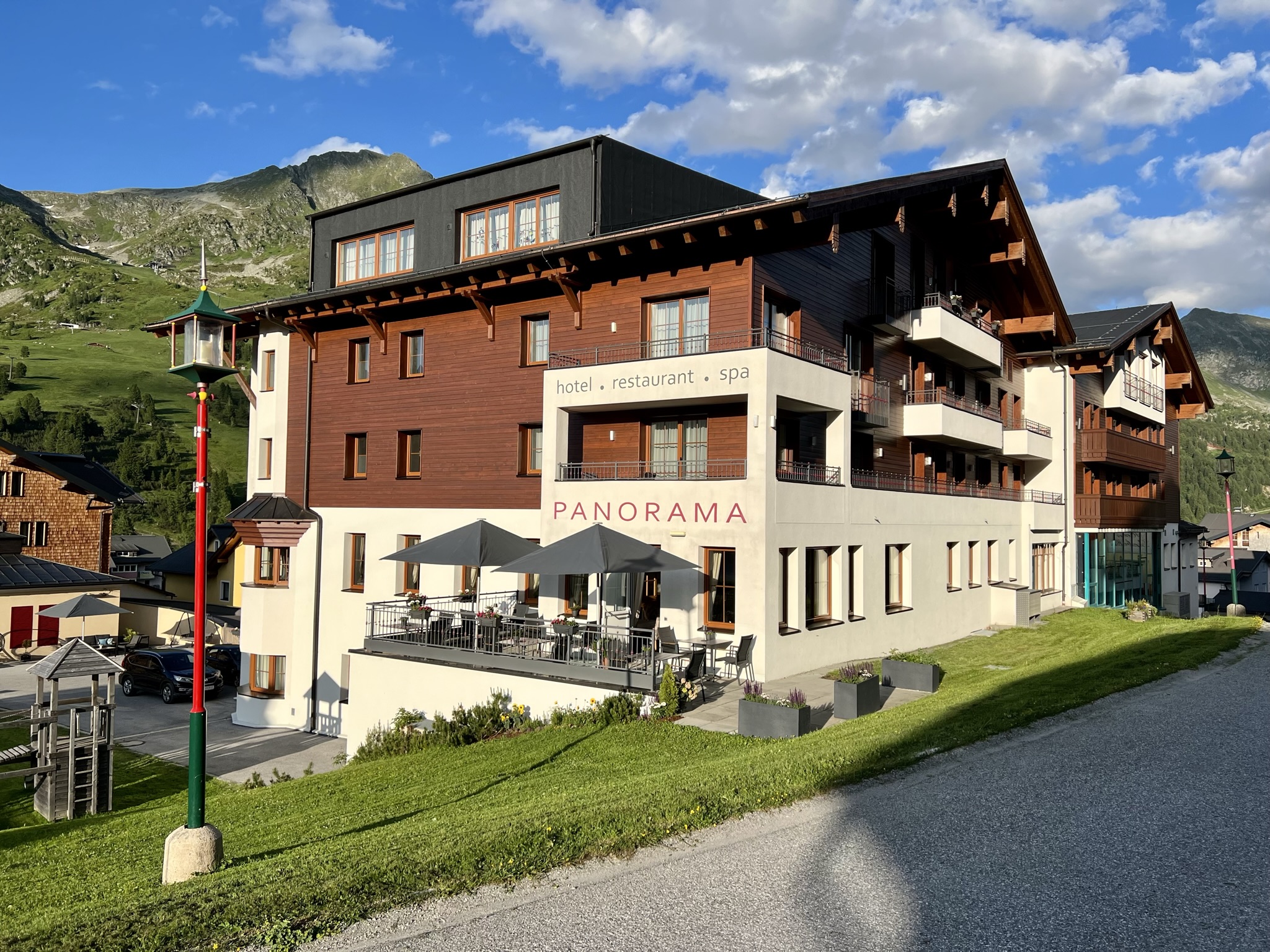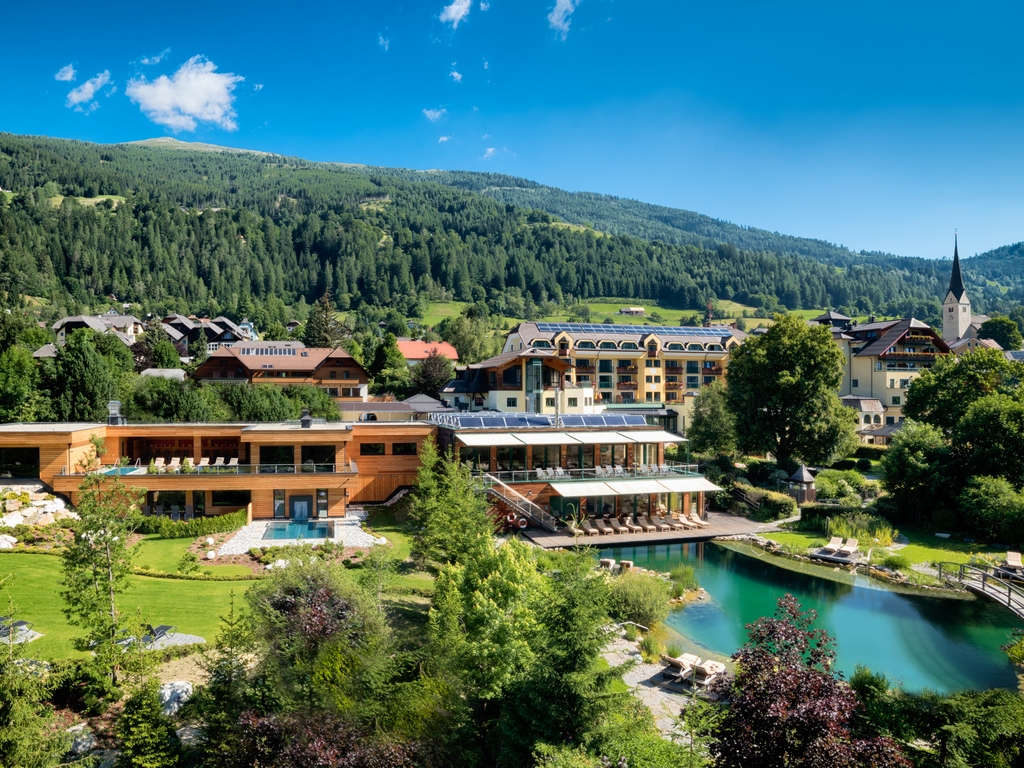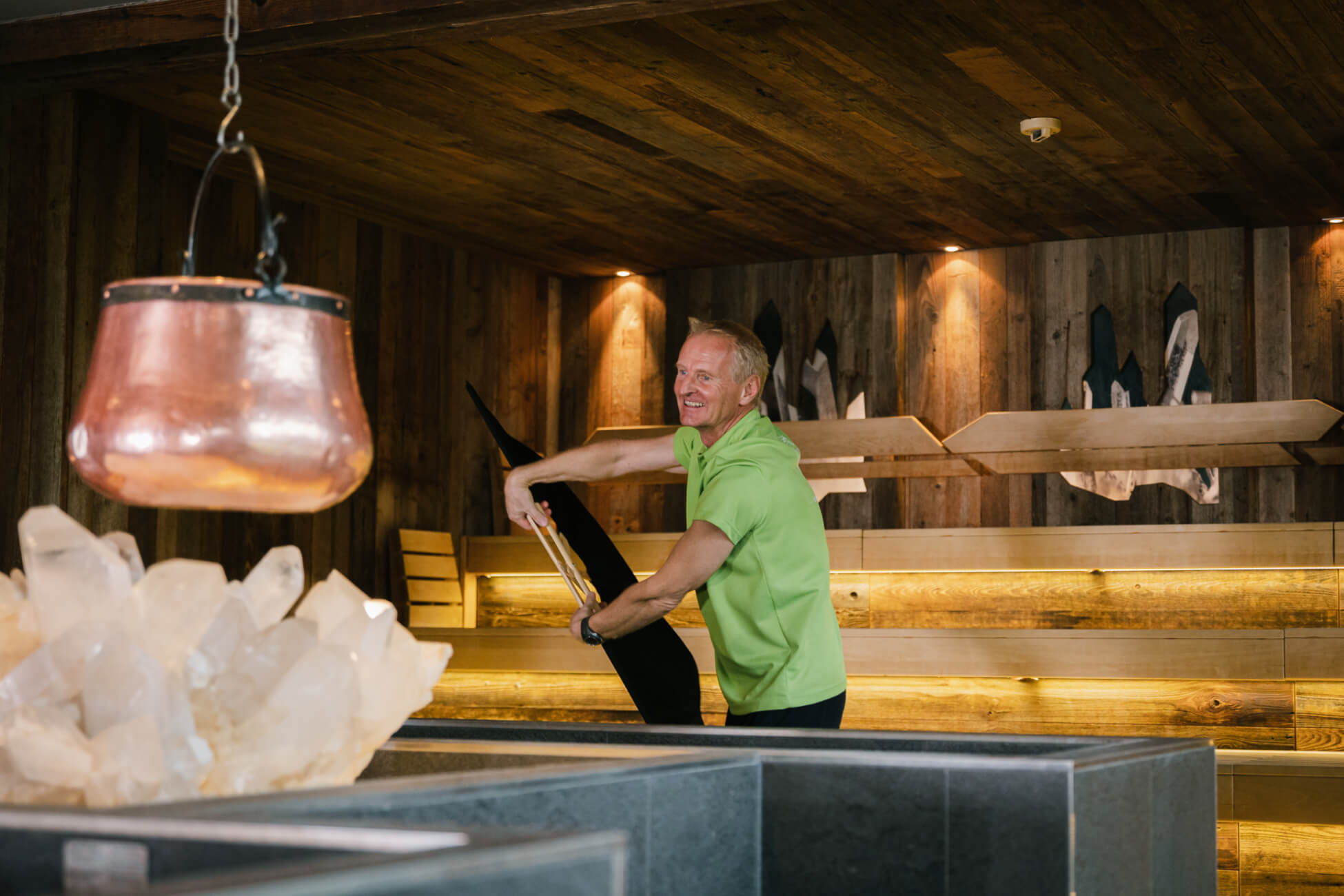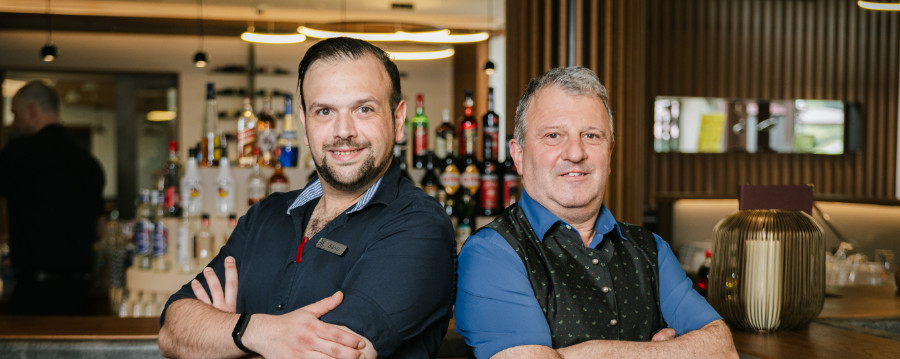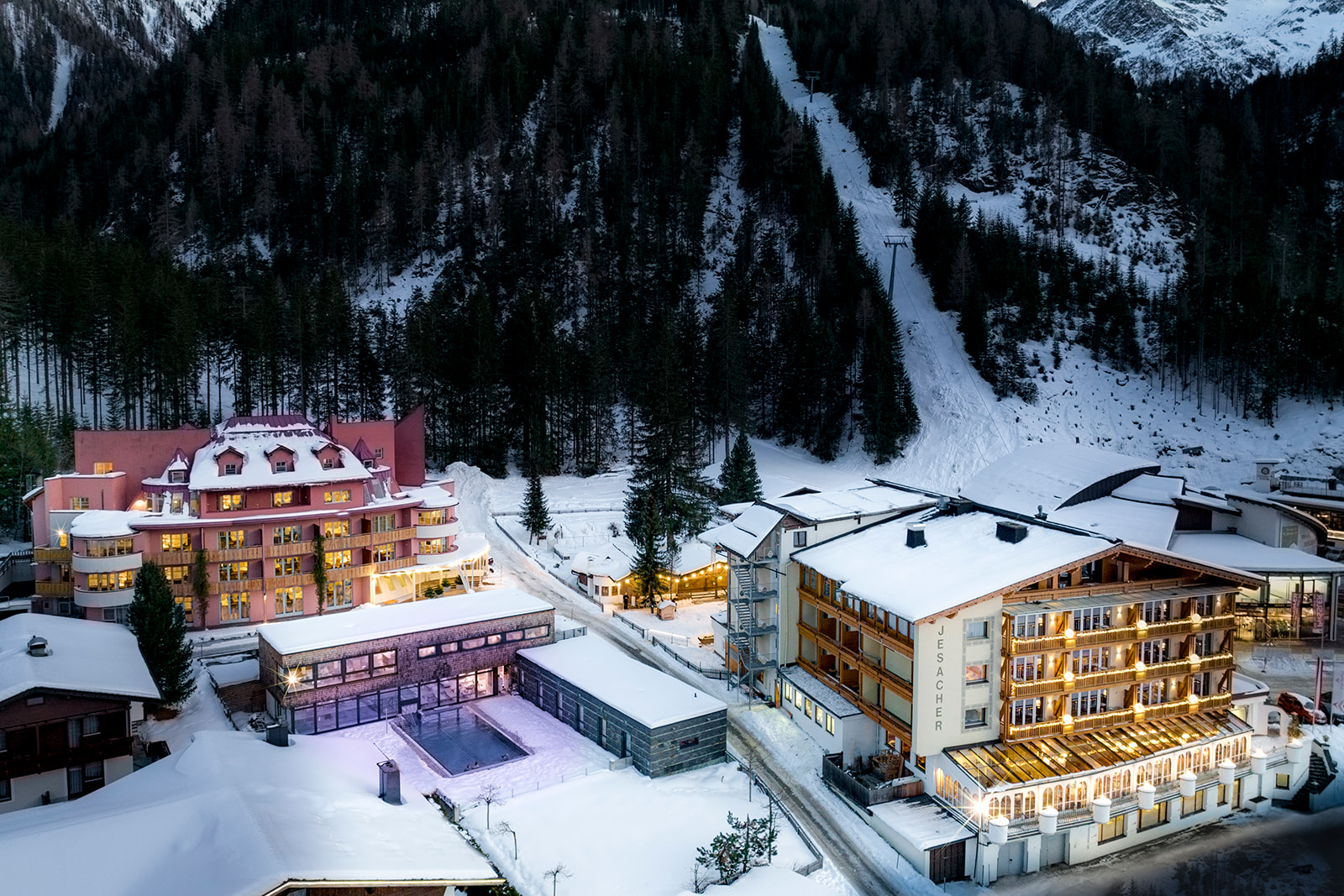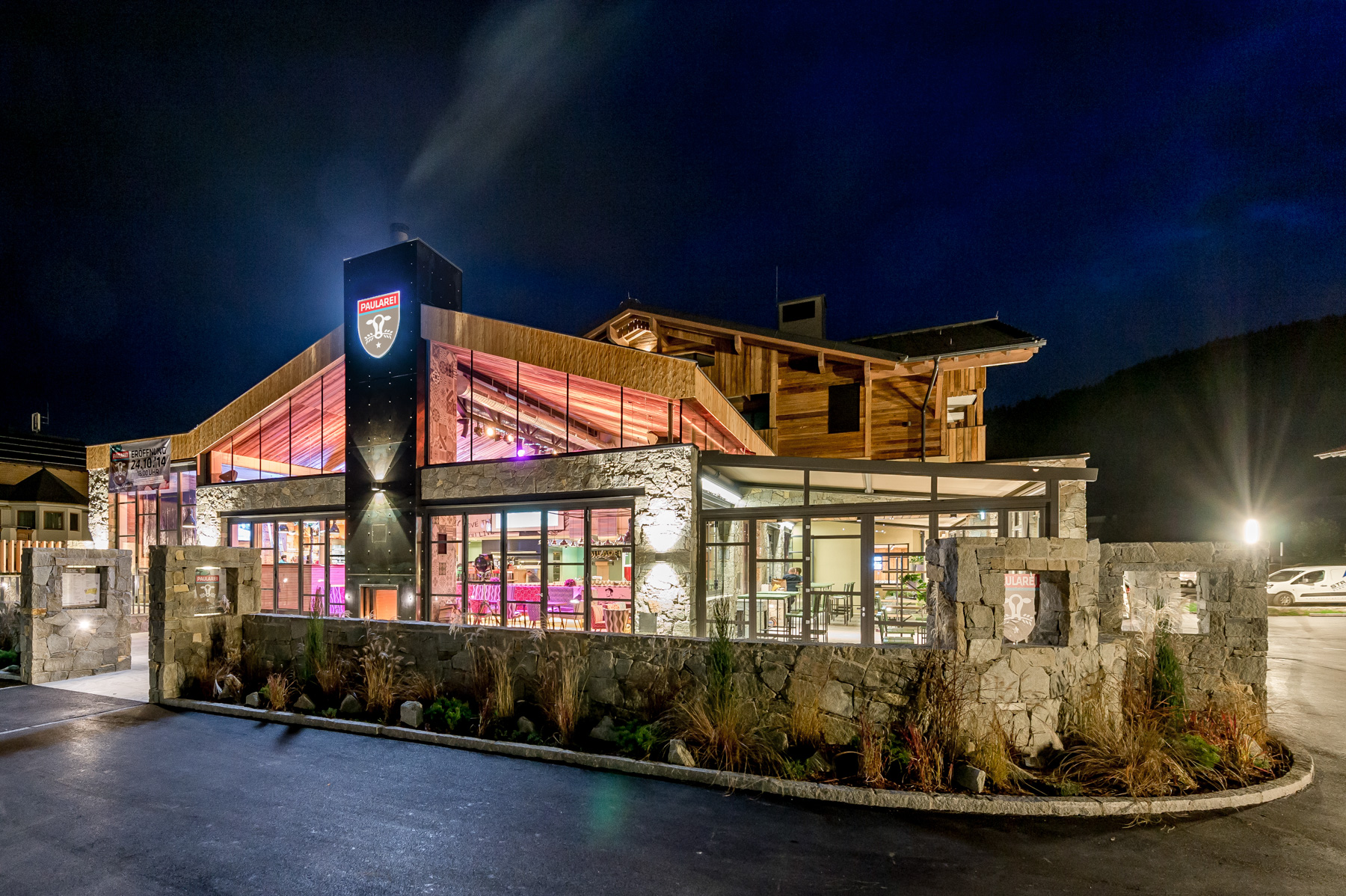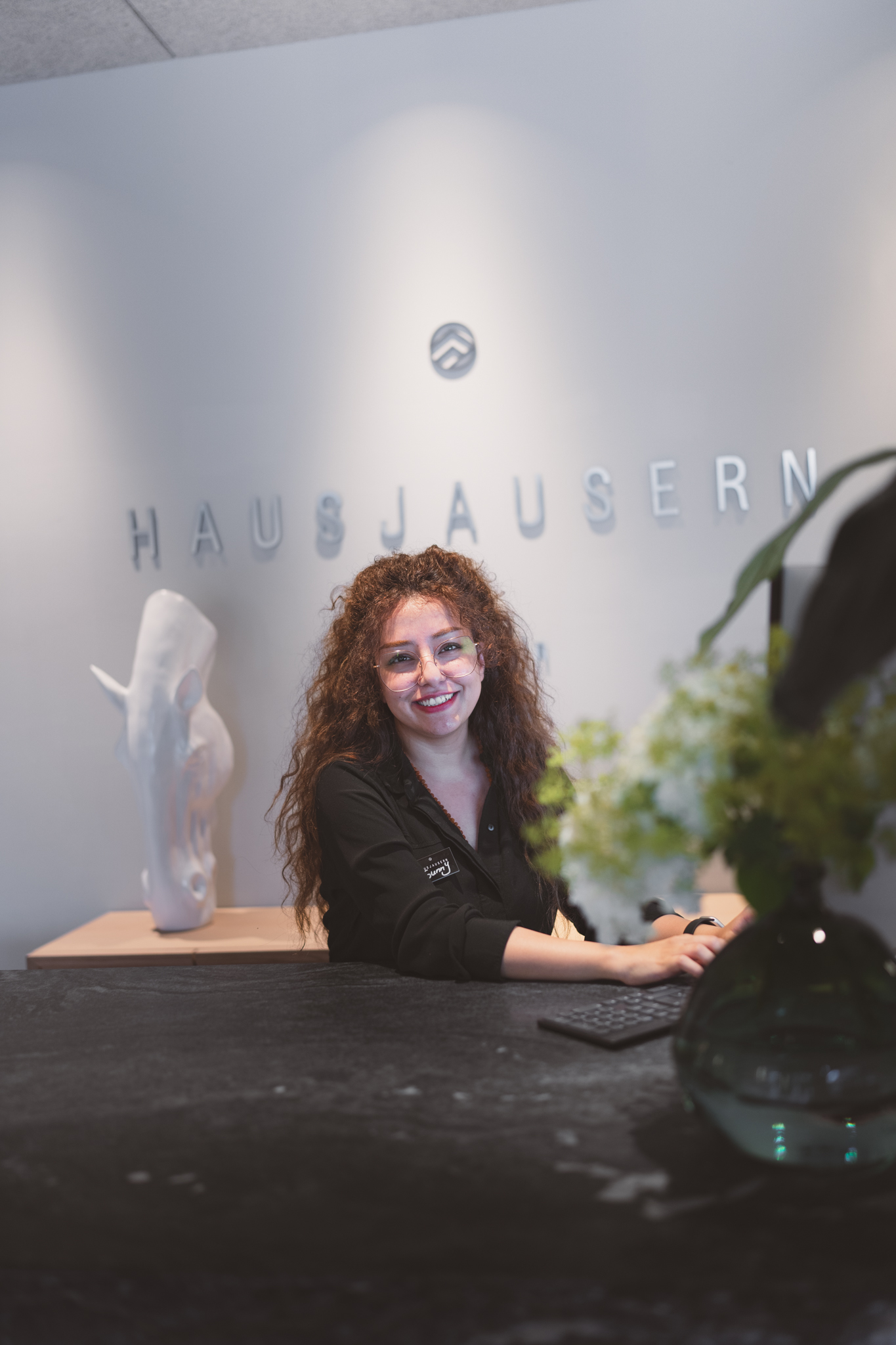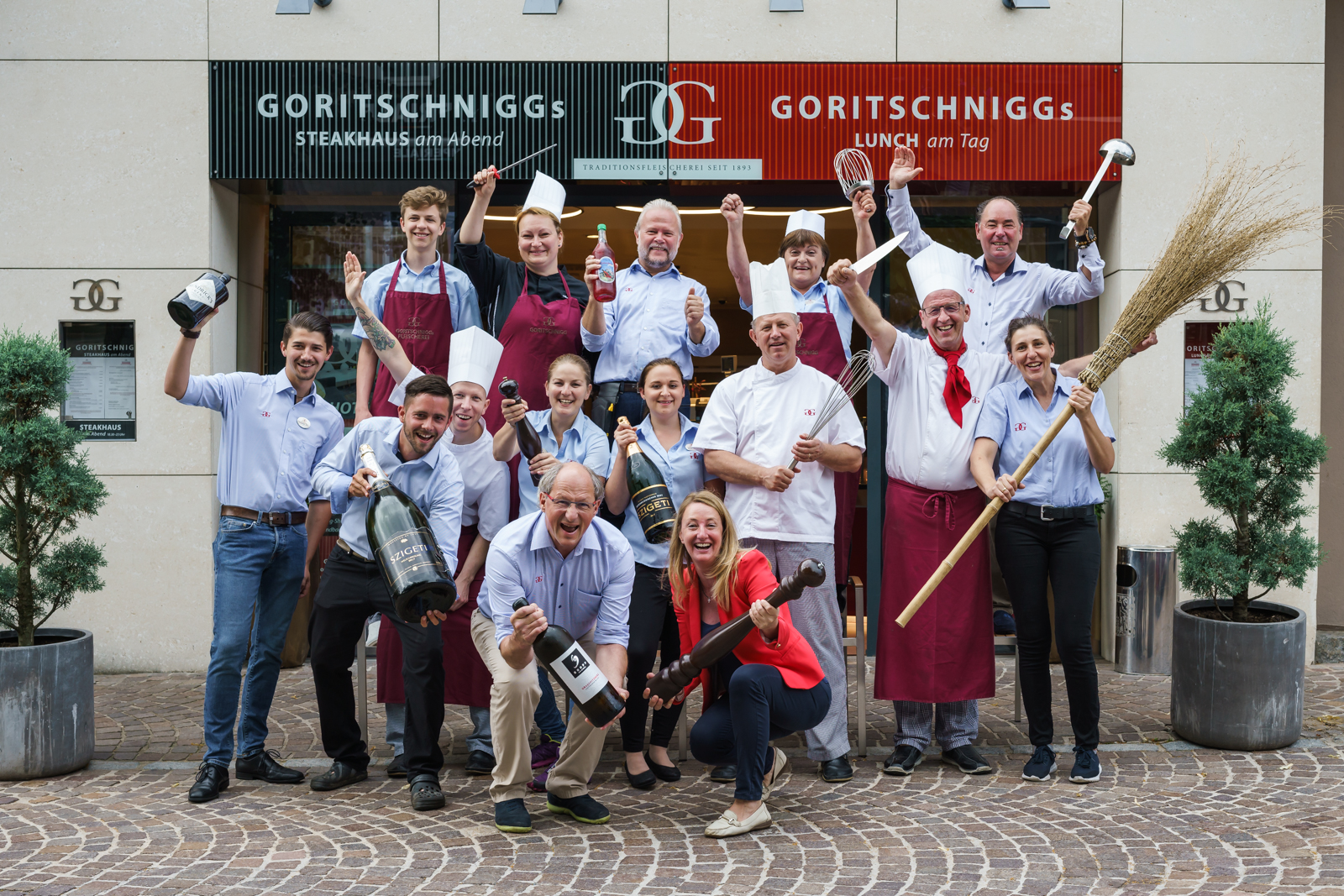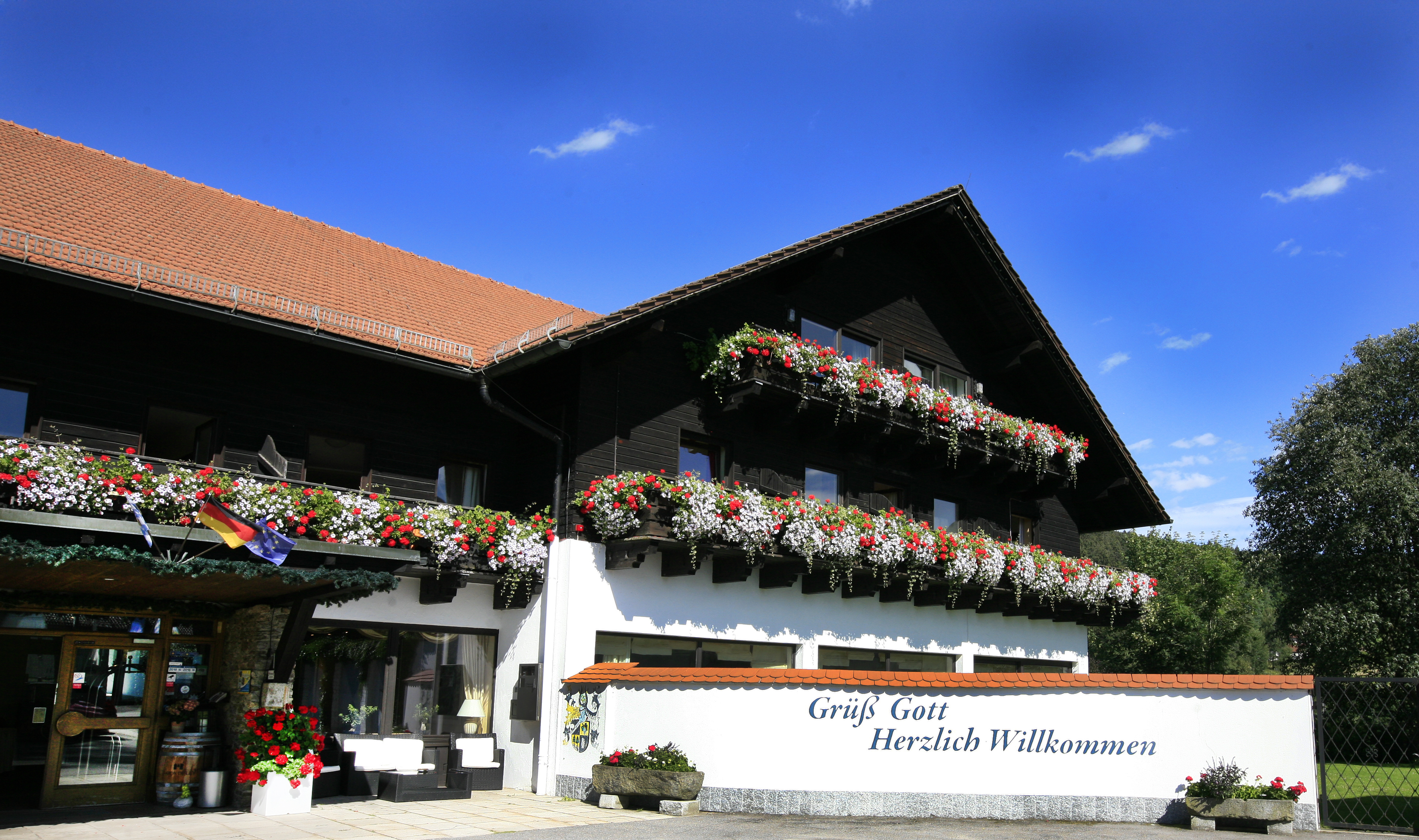
AI in tourism
Hotels and restaurants: the advantages of AI
Artificial intelligence (AI) is currently revolutionizing the world, and tourism is no exception. AI refers to the ability of machines to demonstrate human-like intelligence - whether through learning, problem solving or speech recognition.
In tourism, AI enables personalized travel recommendations, optimizes booking systems and improves the overall customer experience. What other benefits does this smart technology bring? We'll let you know! But this much can already be revealed: Even if the intelligent systems open up new possibilities, it is clear that AI cannot replace human hospitality. Read more about this exciting topic in our blog article!
Chatbots & Co. in the hotel and catering industry
AI systems are becoming increasingly important, especially in guest communication at reception. This is hardly surprising, as the partial automation of processes brings corresponding benefits for both businesses and guests.
The benefits:
- Increased efficiency: AI-based systems such as chatbots, automated emails & etc. save time and resources.
- Continuous availability: your guests receive information on their questions around the clock.
- Better customer experience - thanks to personalization
- Relief for the team of employees: you and your colleagues can concentrate on the essentials and leave smaller tasks to the AI.
The most important AI systems for guest communication
- Chatbots and virtual assistants: These smart helpers are on duty around the clock, answer questions at lightning speed and offer immediate support. Whether it's room bookings, restaurant reservations or local attractions - virtual assistants always have an answer ready.
- Automated emails and messages: With AI, you can send personalized and automated mailing chains and messages that are precisely tailored to the interests and needs of your guests. This keeps them informed and makes them feel completely looked after.
- AI-supported booking systems: Using intelligent algorithms and machine learning, these systems analyse a wide range of data to create personalized recommendations and offers. They take into account previous bookings, preferences and behavioral patterns of guests to provide tailored suggestions. They also optimize availability and pricing in real time, which is beneficial for both guests and providers.
- Voice assistants and smart rooms: Alexa and Google Assistant are increasingly finding their way into hotel rooms. For example, guests can control lighting, temperature and entertainment by voice command.
AI in the hotel and catering industry: the challenges
AI in tourism brings many advantages, but also some challenges that need to be considered.
- Data protection and data security: Handling sensitive guest data requires the highest security standards. Data breaches can jeopardize the trust of guests. It is therefore all the more important to implement adequate security measures and clear data protection guidelines.
- Acceptance by guests and employees: Not everyone is immediately enthusiastic about AI. Some guests and employees are skeptical or unsure about new technologies. Transparency and training are key to promoting trust and acceptance within the team.
- Technical challenges: Integrating AI into existing systems can be complex and costly. Technical problems or system failures can also disrupt operations and lead to frustration. Careful planning and regular maintenance are therefore essential.
- Human interaction: Despite all its advantages, AI cannot completely replace the human touch. In certain situations, guests prefer personal contact, especially for more complex issues or in emergencies.
These challenges show that the use of AI must be well thought out and implemented in order to exploit its full potential while minimizing possible risks.
Future developments and trends
The future of AI in tourism is exciting! Some trends to keep an eye on:
- Further development of voice assistants: voice assistants are becoming increasingly intelligent and offer even more intuitive interactions. Soon they could create and change entire itineraries with voice commands.
- Next level personalization: With advanced algorithms, personalization will become even more precise. AI will predict guests' preferences and needs even better and offer tailored experiences.
- AI-supported predictions: Predictive analytics are increasingly being used to forecast booking trends and plan resources more efficiently. This helps hotels to optimize occupancy rates and reduce costs.
- Integration of virtual and augmented reality: VR and AR could become even more realistic and interactive through AI, making virtual hotel tours and travel previews possible.
- Sustainability: AI can help to implement more sustainable practices, e.g. through optimized energy and resource management in hotels.
These developments promise an even more innovative and efficient future for the tourism industry, in which AI plays a central role.

Person-to-person contact is essential
AI is revolutionizing the tourism industry and bringing numerous benefits, from efficient guest communication to personalized experiences. Automation saves time, improves service quality and offers innovative solutions for modern challenges. But despite all the technology, human contact remains essential.
No AI system can replace the warmth and empathy of a personal conversation. The future of tourism therefore lies in the skillful use of AI by humans to provide guests with an unforgettable experience while maintaining a friendly and courteous service.
Hotel industry - & Gastrojobs at a click
Are you looking for a new professional challenge? Then HOGASTJOB is the right place for you. Whether kitchen, service, reception, housekeeping, administration, wellness area or management - discover the attractive job descriptions of the HOGASTJOB employers!

